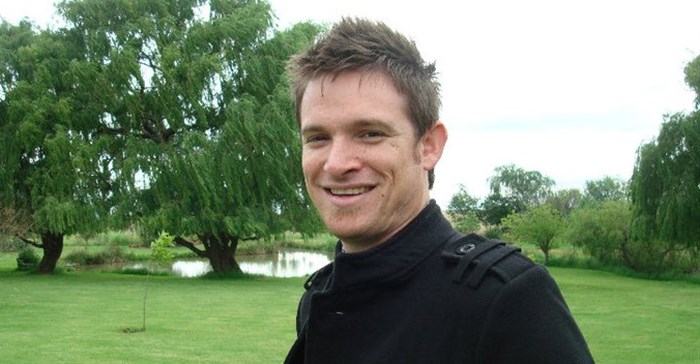
Subscribe & Follow
Advertise your job vacancies
Jobs
- Service Advisor Pinetown
- Assistant Diesel Mechanic Johannesburg
- Qualified Motor Vehicle Technician Pretoria East
- Experienced Marketer Kempton Park
- New Vehicle Sales Executive Midrand
- Pre-owned Vehicle Sales Executive Tshwane
- Motor Vehicle Technician Johannesburg North
- New Vehicle Sales Manager Pretoria East
- Service Advisor - Commercial Midrand
- Pre-owned Vehicle Sales Executive Johannesburg North
Tips to dodge another fuel increase
With yet another fuel increase this month and more price hikes expected throughout the year, transport costs are set to continue increasing, which is bad news in a tough economy.
“Oil prices are expected to fluctuate between $50 and $60 per barrel this year, says fuel and energy expert Rocco Strydom. “This means that fuel prices can be expected to continue to rise in the coming year and drivers should adopt cost-saving habits if they are to weather the harsh 2017 economic climate.”

Rocco Strydom, energy and fuel retail specialist for Elegant Fuel.
We asked Strydom, energy and fuel retail specialist for Elegant Fuel, a few questions on the topic:
Why has the fuel price increased twice in a space of a month, considering that we had a decreased at the end of 2016?
It's largely due to the cut in oil output, agreed upon by the OPEC member countries. The slight appreciation in the R/$ exchange rate softened the blow a bit by at least 12cpl, so it could have been a lot worse. Our currency remains volatile as investor confidence is low amid rumors that Mr. Gordhan will be replaced. South Africa should be benefiting from lower oil prices, but our weak currency is negating all the benefits.
What are fuel prices in 2017 likely to do, especially after the decision by OPEC to cut oil production?
OPEC's decision to cut production hasn't seen the big impact that some economists predicted. It is a slow and methodical burn towards the top end of $60 per barrel of brent crude. The pace may influence some member countries to pull out of the agreement in favour of gaining extra revenue by ramping up supply. That being said, the general trend for 2017 should be more increases than decreases.
How will OPEC's cut affect ordinary South Africans (broader economic effect such as transport costs, food prices)?
The old adage rings true, when the price of fuel goes up, everything goes up. Fuel represents roughly a third of transport costs and companies can't continue to absorb the increases, so it gets passed to the consumer.
What is the likelihood is that OPEC will cut again?
I don't think it is likely. To a large degree, US Shale Oil is benefiting from the lack of OPEC oil and is supplementing the market. President Trump stated last week that he wants to build America on American Energy by signing executive orders to revive the Dakota Access and Keystone XL oil pipelines. OPEC simply can't afford to cut again, because Trump simply isn't bluffing.
What should we expect going forward in regard of petrol prices?
Depending on the exchange rate, we should see a period of sustained price increases ranging from 10cpl-30cpl. If our currency can remain stable, we could see stability toward the latter end of the year.
Ways to mitigate increases
But there are ways to mitigate the coming increases, says Strydom. According to him there are a few simple things drivers can do to become more savvy, fuel-conscious drivers.
Here are Strydom's top five tips for saving on fuel:
- Take care of your car and keep it in good working order by ensuring it is serviced at regular intervals to ensure optimal performance. Small problems can often increase your fuel consumption without you knowing about it.
- Improve your car’s aerodynamics and weight – don’t transport more than you need. Remove your roof rack if you are not using it. This immediately improves your car’s aerodynamics. Remove everything from your car that does not need to be transported somewhere. The goal is to keep your vehicle as light as possible.
- Planning your route can save you fuel. Think about which route you will take. When doing your planning, consider driving at times when other drivers are less likely to be on the road. Start-and-stop driving in heavy traffic wastes fuel.
- Dress for the occasion. Keeping the air conditioning off or the windows closed will save fuel. Dress lightly to avoid using the air conditioning unnecessarily. Open windows create a drag effect on your car and will increase fuel burn.
- Incentivise economical driving. Businesses that need to manage multiple vehicles should create an economical driving culture among their employees. Create an incentive programme that rewards drivers who deliver their loads on time but use less fuel. And remember to let your drivers implement all of the tips already mentioned in this list.






